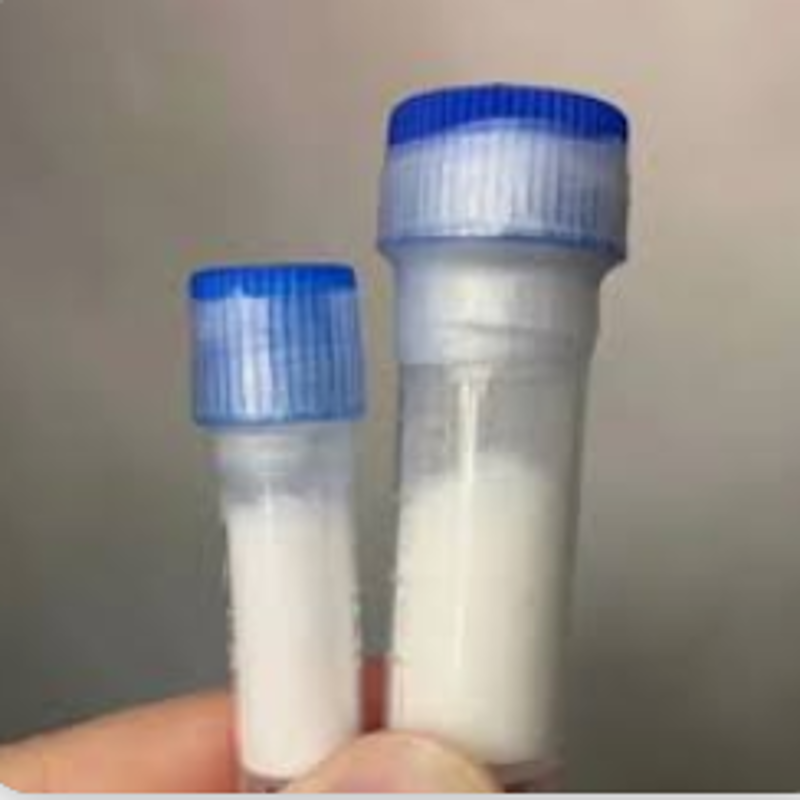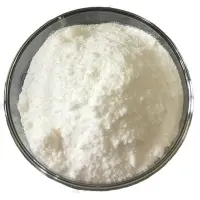-
Categories
-
Pharmaceutical Intermediates
-
Active Pharmaceutical Ingredients
-
Food Additives
- Industrial Coatings
- Agrochemicals
- Dyes and Pigments
- Surfactant
- Flavors and Fragrances
- Chemical Reagents
- Catalyst and Auxiliary
- Natural Products
- Inorganic Chemistry
-
Organic Chemistry
-
Biochemical Engineering
- Analytical Chemistry
-
Cosmetic Ingredient
- Water Treatment Chemical
-
Pharmaceutical Intermediates
Promotion
ECHEMI Mall
Wholesale
Weekly Price
Exhibition
News
-
Trade Service
Trazodone hydrochloride is a medication that is primarily used to treat depression.
It belongs to a class of drugs called serotonin-dopamine antagonists, which work by altering the levels of certain chemicals in the brain that regulate mood and behavior.
Trazodone hydrochloride is available in tablet form and is usually taken orally, either once or twice a day.
The dosage and duration of treatment will vary depending on the individual and the severity of their condition.
Trazodone hydrochloride is also sometimes used to treat other conditions, such as anxiety, insomnia, and obsessive-compulsive disorder.
However, it is not recommended for use in children under the age of six or in individuals who have a history of suicidal thoughts or behaviors.
Trazodone hydrochloride is a relatively older medication that has been in use since the late 1960s.
It was originally developed by the Italian pharmaceutical company Società Italiana Vaccini S.
r.
l.
and was later acquired by Pfizer.
Today, it is marketed under various brand names by different pharmaceutical companies around the world.
The use of Trazodone hydrochloride is relatively straightforward, and it is generally well-tolerated by patients.
However, like all medications, it can cause side effects, and some of them can be serious.
Therefore, it is important to follow your doctor's instructions and report any side effects or concerns that you may have.
Trazodone hydrochloride is primarily used to treat depression, which is a common mental disorder that affects millions of people worldwide.
It is a serious condition that can cause significant emotional, social, and economic burden.
Depression can manifest in various ways and can result in a wide range of symptoms, including sadness, fatigue, loss of interest or pleasure in activities, changes in appetite and sleep patterns, and feelings of worthlessness or guilt.
Trazodone hydrochloride works by altering the levels of certain chemicals in the brain that regulate mood and behavior.
Specifically, it acts as a serotonin-dopamine antagonist, which means that it blocks the activity of certain receptors in the brain that are involved in the regulation of these chemicals.
By doing so, Trazodone hydrochloride helps to improve mood, reduce anxiety, and improve sleep.
There is still much that is not known about the exact mechanisms of Trazodone hydrochloride and how it works to produce these effects.
However, research suggests that it may be particularly effective in treating depression that is characterized by insomnia, anxiety, and other somatic symptoms.
When used to treat depression, Trazodone hydrochloride is generally effective at improving symptoms in a majority of patients.
However, the response to treatment can vary widely from one individual to another, and some patients may not experience significant improvements.
In addition, Trazodone hydrochloride may take several weeks to reach its full effect, and it may be necessary to adjust the dosage or try a different medication if symptoms do not improve.
In addition to its use in treating depression, Trazodone hydrochloride is also sometimes used to treat anxiety, insomnia, and obsessive-compulsive disorder.
However, its effectiveness in these conditions is less well-established, and its use in these contexts is generally considered to be off-label.
Trazodone hydrochloride is generally well-tolerated by patients, and side effects are generally mild.
However, some of the side effects that have been reported include dizziness, sedation, dry mouth, constipation, and sexual dysfunction.
In rare cases, Trazodone hydrochloride can cause more serious side effects, such as priapism (an prolonged and potentially painful erection) or serotonin syndrome (a condition that can occur when the levels of serotonin in the







